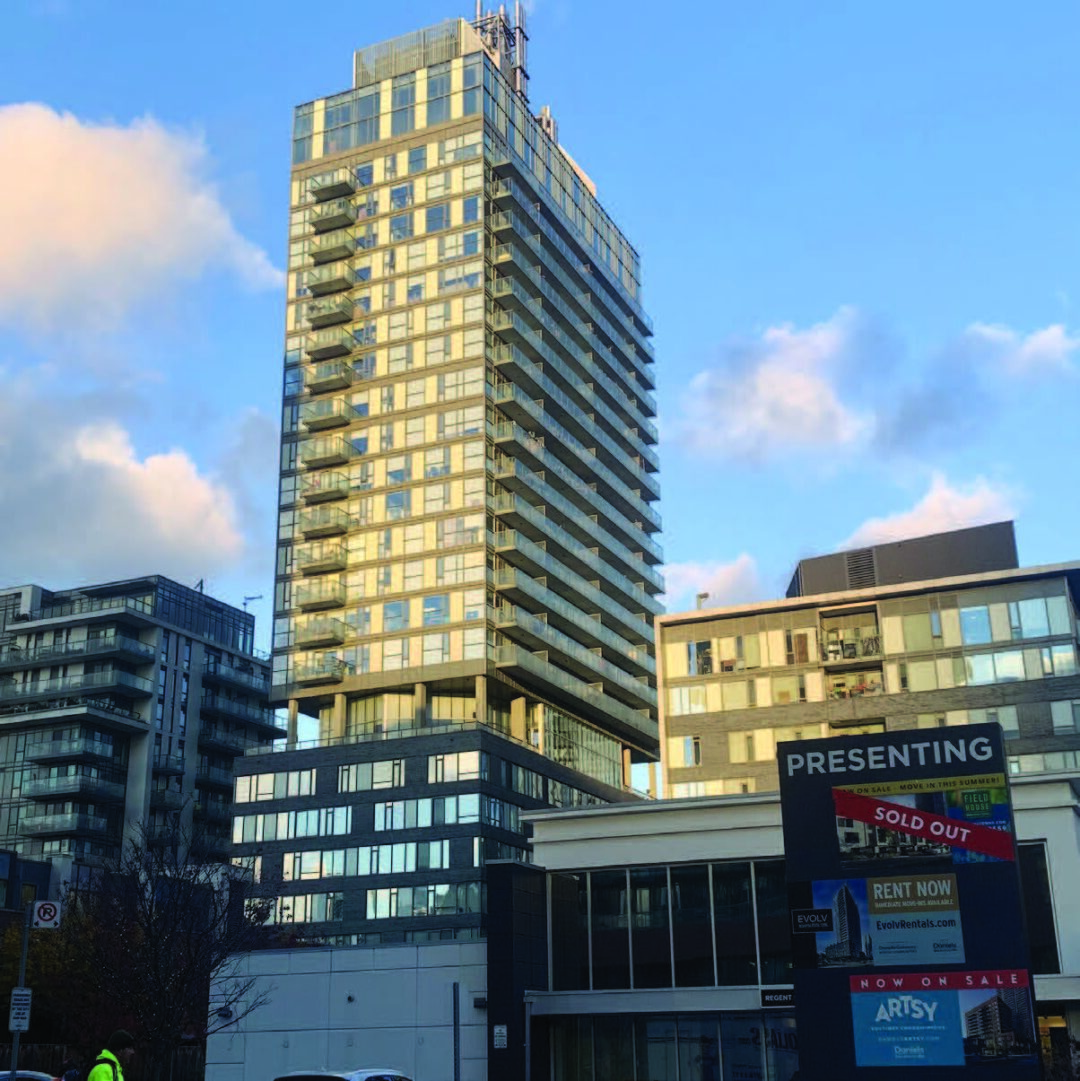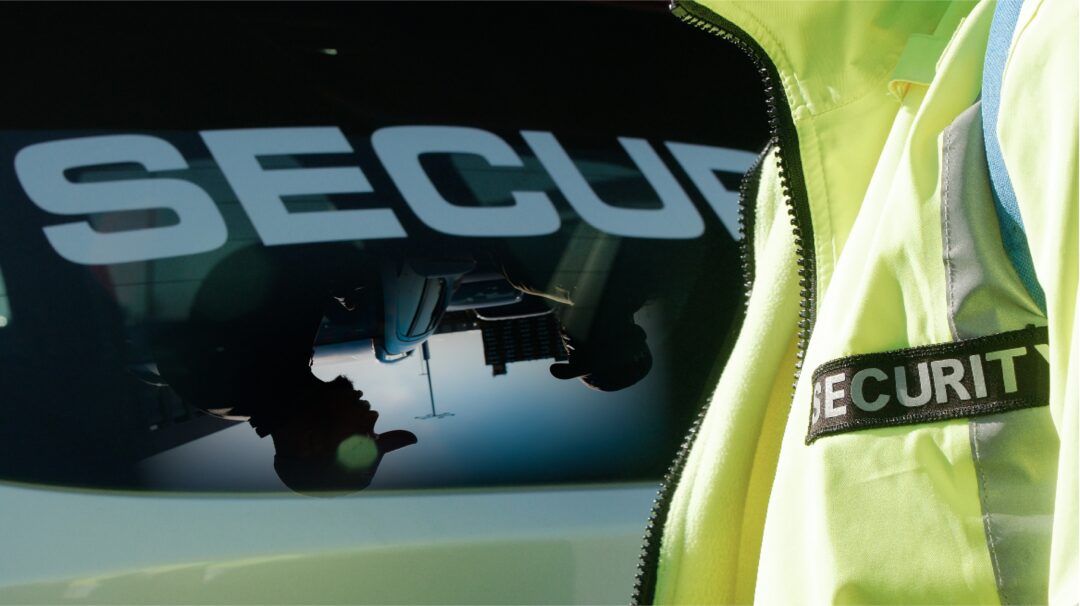By Dennis Hanagan –
City Council wants to stop what has been called an unprecedented wave of break-ins against small businesses. In early February Council agreed to organize a summit on break-ins with city staff, police, the Toronto Association of Business Improvement Areas (TABIA) and the Insurance Bureau of Canada.
Calling on council to act, Deputy Mayor Mike Colle said small businesses across Toronto are facing “an unprecedented wave of criminal break-and-enters that are affecting the daily lives of these business owners.” Colle said the break-ins cause lost business as well as burdening small businesses with increased insurance costs and repairs.
According to Toronto Police, 2023 saw 2,594 commercial break-ins, a 17% increase over 2022. However, it’s not known how many of those involved small businesses.
TABIA executive director John Kiru told the bridge he wants the summit to “shine a light” on the seriousness of small business break-ins and to educate small business people about ways to protect themselves.
“We hear about it in the press but we really don’t have an understanding as lay people, especially the business people, of how big an impact this has,” Kiru said.
According to Kiru a new kind of theft, instead of the old grab-the-cash-and-run heist, is digital. Today’s thieves steal point-of-sale terminals and within hours execute false refunds through them.
Small businesses that leave terminals on the counter must learn to secure terminals overnight, even taking them home, and putting a sign on their door saying “POS terminals have been secured.” Signs saying “No cash on the premises” already exist. Kiru said similar signs regarding POS terminals “could go a long way to avoiding some of these break-ins because the bad guys will know there is no POS to steal, nor cash.”
Small businesses also need to develop hard-to-crack codes for their equipment, Kiru said. “0000 is not the code to put in … Put in a code that is unique.”
The city wants the summit to develop an education campaign to advise small businesses on how to prevent break-ins, examine best preventive practices of other jurisdictions and evaluate the economic cost of break-ins.
Council also wants the summit to consider how to access police resources to investigate break-ins and how to make more affordable security systems available to small business, arranging a bulk price through local BIAs.
In a television news interview, Colle said the break-ins are frightening small business owners, their workers and their families.
“The criminals are going in there with grinders. They cut through locks, they cut through chain grill fencing, they go in with crowbars,” Colle said.
“They are devastating these small businesses and it seems that there’s no consequence. The police are busy chasing these people around and they can’t keep up.”
Kiru added that when small business districts undergo hardship, the surrounding communities feel the pinch.
“If you have a bunch of vacancies, if you have newspapers in the windows, it makes the neighbourhood to be perceived, rightly or wrongly, that it’s struggling and unsafe,” Kiru said. That affects the value of properties surrounding that neighbourhood.
“There is definitely a relevant correlation: how main street goes, so goes that neighbourhood,” Kiru said.




